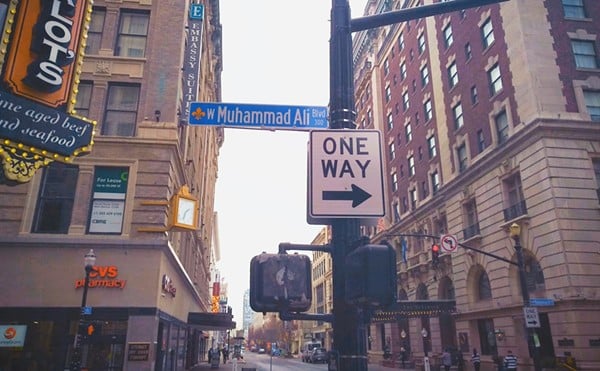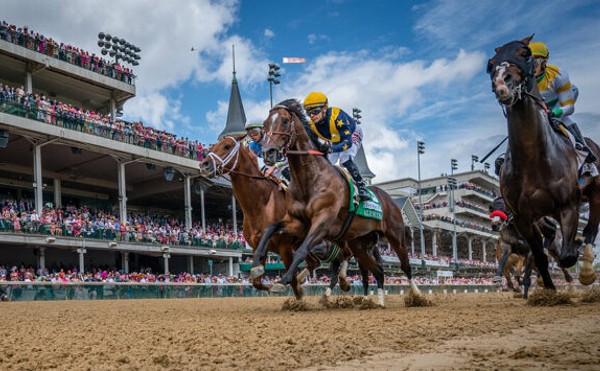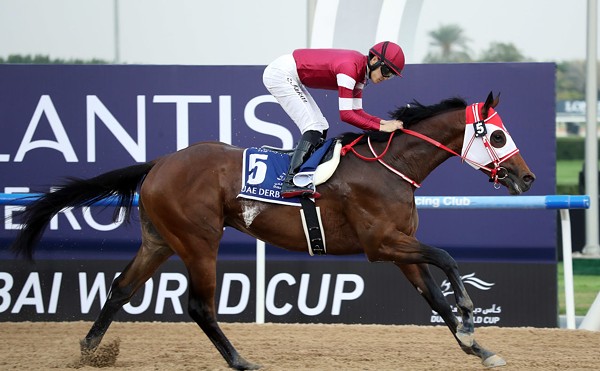I

“Gordie?” I asked. “Gordie Graham from Ballard?”
“Uh oh,” came the reply. He had no memory of having ever met me. I, on the other hand, had remembered him fondly, but had no idea he was a musician (a mutual friend later likened that to Frank Sinatra’s famous assertion that he’d “known Doris Day before she was a virgin”).
I’d been but a high school sophomore when we’d first met during one of the mock political assemblies sponsored by the high school YMCA clubs, and hadn’t seen him since. Back then, it was impossible not to notice the bright-eyed, curly-haired, outgoing guy with the dazzling smile, dressed in a dapper three-piece wool plaid suit. I‘d been duly impressed by his depth and understanding of — and ardor for — the political process.
By graduation, his political ambitions had apparently been replaced by more artistic aspirations, and he’d enrolled in Murray State’s theatre arts program. He’d become deeply depressed over the sudden death of his father, and had dropped out of school after only a year. The depression only worsened and was eventually diagnosed as bi-polar disorder, which had manifested itself in practically limitless self-destructive ways.
Gordie had held some positions of importance, such as house manager at Actors Theatre, but now seemed to float from one non-descript day job to another. The job on which he truly focused, however, was that of an underground punk rock troubadour. He was practically obsessed with the idea of punk rock and its cathartic energy, although as much as Gordie liked to talk about punk, his songs were really more Dylanesque in nature, and a lot of them were quite good. He usually played solo — being a true maverick, he found any real collaboration difficult, and his occasional group projects were formed with much younger musicians and were usually short-lived. He had a small but devoted coterie of musical cohorts who helped him record several albums’ worth of material, though, all of it interesting and some of it bordering on brilliant.
Although it was depressing to witness the continuing downward spiral that had taken that brilliant young mind into this state of perpetually disheveled confusion, Gordie was often fun to be around and really had his moments. Those were the manic ones, of course, during which he could simultaneously indulge all of his many protean appetites and entertain complex philosophical concepts, distilling them into odd metaphors that would produce jaw-dropping awe in friends and strangers alike. A fixture at my annual holiday gathering, Gordie was usually the life of the party. In some of his quieter moments, he’d simply sit in on my front porch, rocking and smoking like a sage old grandpa. “Punk rock,” he’d say, frequently and matter-of-factly. Then he’d nod knowingly, as if he’d both introduced and summarized the concept with only the two words.
Some years ago I read a biography of the composer Robert Schumann, in which the author asserted that we no longer produce truly great artists in our society because we’ve become too adept at treating mental illness. I’m not sure Gordon Graham was particularly destined to make great music or theater, or that his bi-polar condition affected that destiny one way or the other, but he did make some great art. His true art was his life — a fearless, unfettered life, one undefined by the constraints and expectations of society, the kind of life most of us are too afraid to live.
Contact the writer at [email protected]





